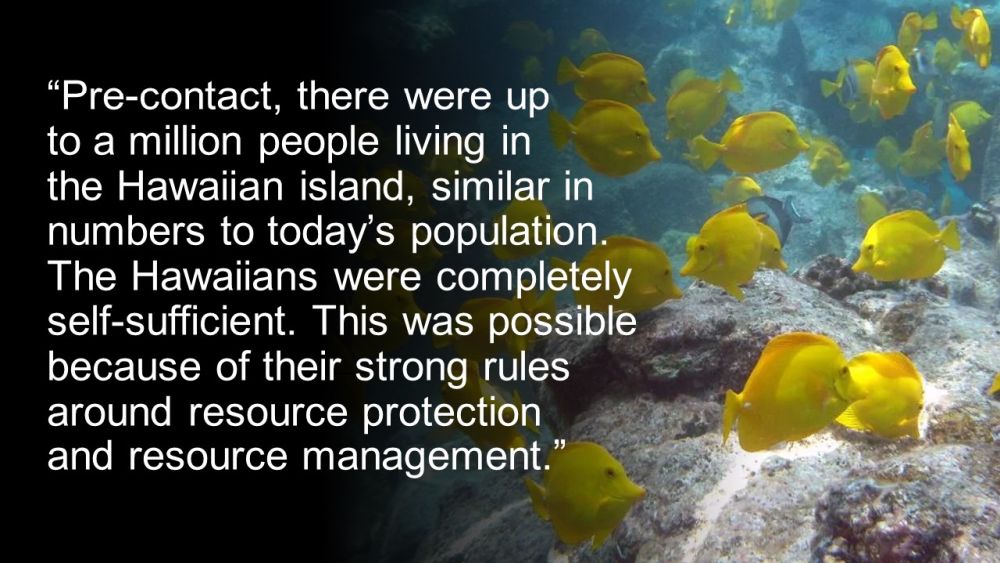CONNECTED BY WATER: “While inter-regional collaboration was the context for my conversational interview with Zoe Norcross-Nu’u, the story behind the story went in an unexpected direction,” stated Kim Stephens, Waterbucket Editor
Note to Reader:
Published by the Partnership for Water Sustainability in British Columbia, Waterbucket eNews celebrates the leadership of individuals and organizations who are guided by the Living Water Smart vision. The edition published on March 19, 2024 featured Zoe Norcross-Nu’u, Comox Lake watershed protection coordinator with the Comox Lake Regional District.
Zoe’s academic career had three distinct phases which built to the theme that hope and optimism do make a difference. Insights gained along the way serve Zoe well in her current watershed coordinator role. In her first three years, Zoe taught those who just wanted to take an easy science course. Seeking an opportunity to create a more meaningful learning opportunity, she developed a course called Topics in Sustainability, which was structured as a speaker series.

Connected by Water: Hope and optimism do make a difference
“ZoeNorcross-Nu’u has been involved with the Comox Lake Watershed Protection Plan since the plan’s inception. Watershed protection is her passion. While inter-regional collaboration in combination with her watershed coordinator role was the context for my conversational interview with Zoe , the story behind the story went in an unexpected direction,” stated Kim Stephens, Waterbucket eNews Editor and Partnership Executive Director.
“It started innocuously when I asked, what is the story behind you teaching at the University of Hawaii Maui College? At the end of our conversation, Zoe connected her reflections about Hawaii and interweaving Indigenous Knowledge and Western Science to Blue Ecology, the water-first approach that bridges cultures. Zoe represents the Comox Valley Regional District on the Partnership’s Watershed Moments Team.”

Interweaving of Western Science and Indigenous Knowledge would benefit water resource management
“One of the things that made the Marine Science Thesis teaching experience really special was that several of these were students from very small communities. And many were the first in their families to gain higher levels of education,” explained Zoe Norcross Nu’u.
“When I look back, and knowing what I know now, what I should also have been doing is to encourage them to explore and incorporate traditional knowledge, where appropriate, on the topics they were investigating.”
“Pre-contact, the Hawaiian people took resource management extremely seriously. The penalties for breaking the rules around resource management were very serious, sometimes even resulting in execution. Their resource management was all based on traditional science.”
“We should have been encouraging these students to explore this, in a sensitive manner, during their investigations. Back then, we were not doing a very good job of learning from traditional knowledge.”

Blue Ecology, a water-first approach
“But now, especially with Michael Blackstock’s teachings about Blue Ecology and building bridges between cultures, that is the path that we should be taking in British Columbia.”
“We are still hoping to move forward with Indigenization of the Comox Lake Watershed Protection Plan. That is a long-term objective we hope to achieve in partnership with the Kʼómoks First Nation,” concluded Zoe Norcross-Nu’u.
TO LEARN MORE:
To read the complete story, download a copy of Living Water Smart in British Columbia: Hope and optimism do make a difference.
DOWNLOAD A COPY: https://waterbucket.ca/wcp/wp-content/uploads/sites/6/2024/03/PWSBC_Living-Water-Smart_Zoe-Norcross-Nuu_hope-and-optimism_2024.pdf


